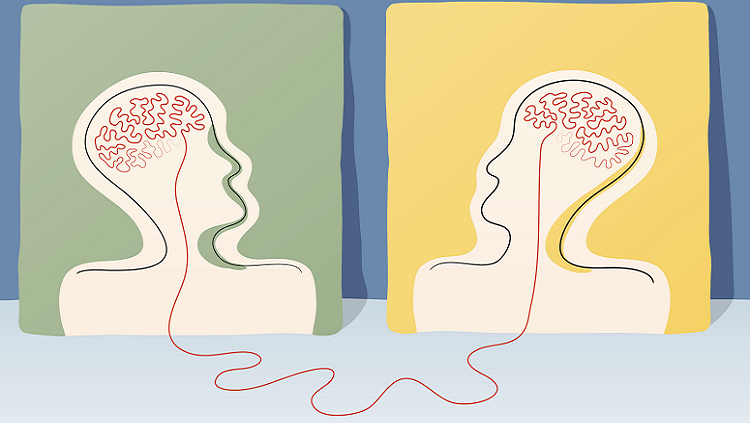Michael Rogawski discusses the similarities between migraine attacks and epileptic seizures and what they might mean for treating the two conditions.
Educator Resources
Explain the brain to your students with a variety of teaching tools and resources.
BrainFacts Book
Download a copy of the newest edition of the book, Brain Facts: A Primer on the Brain and Nervous System.







